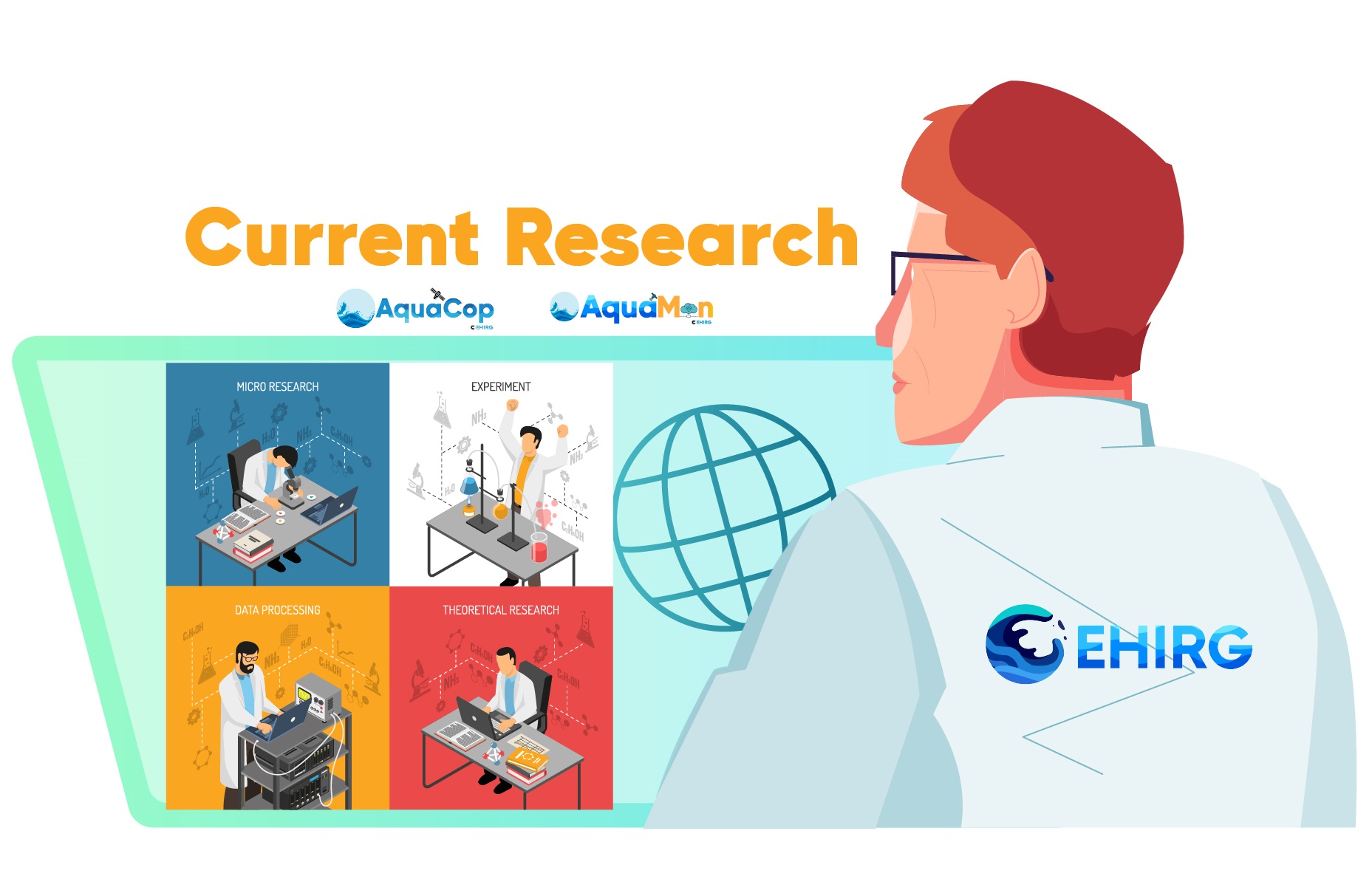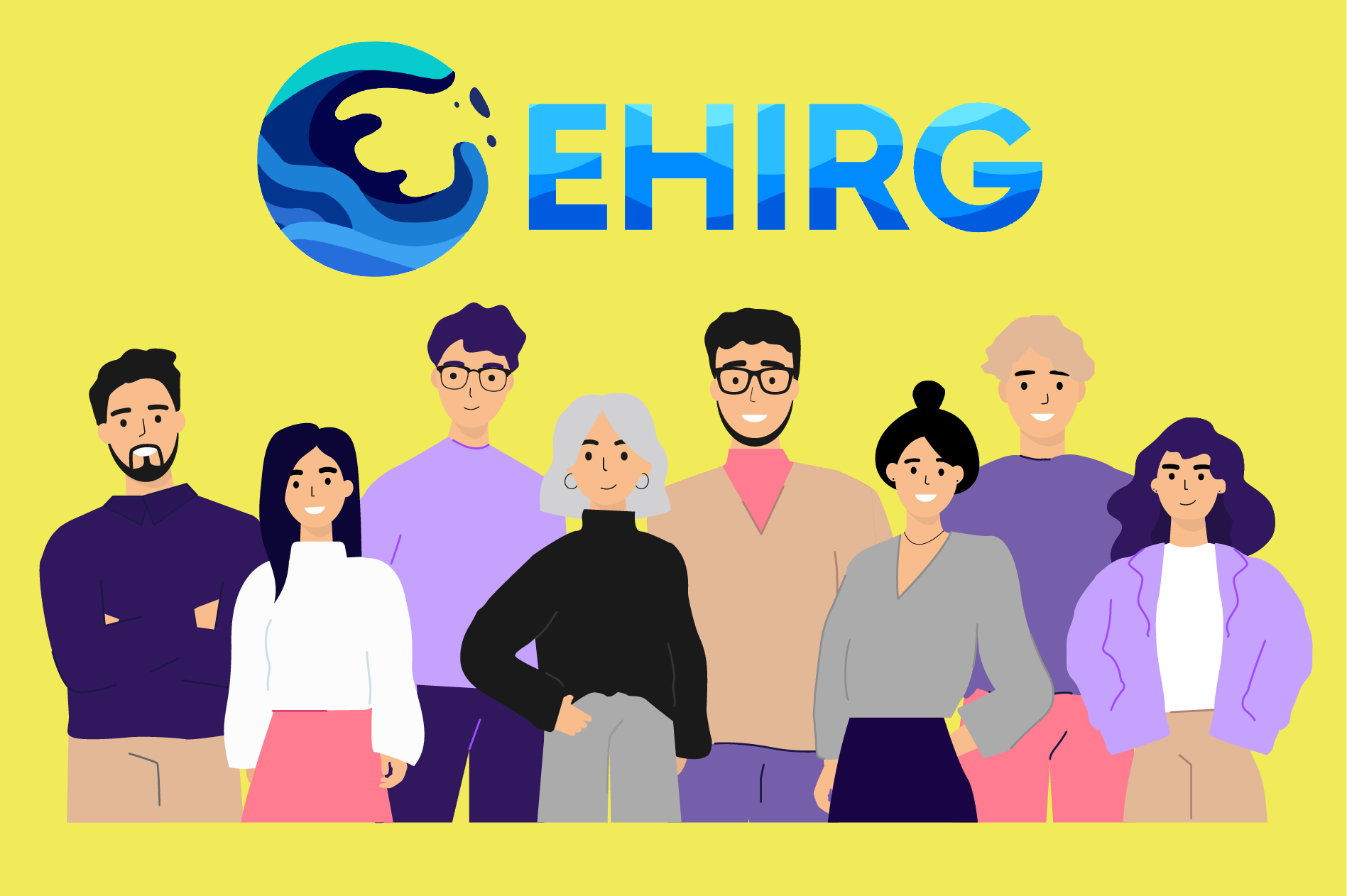-
Courses

Courses
Choosing a course is one of the most important decisions you'll ever make! View our courses and see what our students and lecturers have to say about the courses you are interested in at the links below.
-
University Life

University Life
Each year more than 4,000 choose University of Galway as their University of choice. Find out what life at University of Galway is all about here.
-
About University of Galway

About University of Galway
Since 1845, University of Galway has been sharing the highest quality teaching and research with Ireland and the world. Find out what makes our University so special – from our distinguished history to the latest news and campus developments.
-
Colleges & Schools

Colleges & Schools
University of Galway has earned international recognition as a research-led university with a commitment to top quality teaching across a range of key areas of expertise.
-
Research & Innovation

Research & Innovation
University of Galway’s vibrant research community take on some of the most pressing challenges of our times.
-
Business & Industry

Guiding Breakthrough Research at University of Galway
We explore and facilitate commercial opportunities for the research community at University of Galway, as well as facilitating industry partnership.
-
Alumni & Friends

Alumni & Friends
There are 128,000 University of Galway alumni worldwide. Stay connected to your alumni community! Join our social networks and update your details online.
-
Community Engagement

Community Engagement
At University of Galway, we believe that the best learning takes place when you apply what you learn in a real world context. That's why many of our courses include work placements or community projects.
EcoHydroInformatics Research Group (EHIRG)
Welcome to EcoHydroInformatics Research Group (EHIRG)
Surface waters are an essential renewable natural resource for both humans and the environment. However, surface water bodies are threatened by the synergistic effects of multiple, co-occurring anthropogenic-driven environmental pressures that result in multiple, often compounds hydroclimatic events such as floods, droughts, nutrient enrichment or spread of invasive species. The EcoHydroInformatics Research Group (EHIRG) is interested in understanding the causes of these events and quantifying their impacts across various scales.
The EHIRG teams specializes in hydrological and water quality process in surface waters with a particular interest in coastal and transitional (TraC) waterbodies, which being conduits between rivers and oceans, play many important hydrological and ecological roles. TraC waters are most ecologically and economically important environments on Earth yet they are also some of the most threatened.
Hydrological processes
The coastal waterbody is a dynamic, complex region where multi-scale processes interact and create conditions suitable for socio-economic services (e.g. marine renewable energy, blue-growth, tourism). As such, marine and coastal waters provide important economic and ecosystem benefits. The global marine market for marine renewable energy (MRE), oil and gas, seafood, tourism and shipping industry is worth €1,200 billion. However, the coastal waters are substantially impacted by climate change that is responsible for alterations to temperature, sea level rise, extreme storm surges and waves. These compound multivariate changes will most profoundly affect the total sea levels and result in coastal flooding, erosion and alterations to marine resources. Such events will have enormous implications for coastline management, MRE sector, aquaculture, tourism and shipping industry.
Biogeochemical processes
TraC waters are home to a wide variety of flora and fauna, many of which provide food sources for humans, they serve as recreational areas, provide shipping/boating access to ports and offer coastal protection. Most importantly, TraC waters act as natural filters for land-generated pollutants such as nutrient run-off from agriculture and domestic/industrial effluents, thus preventing pollution of our oceans. Over the past decades, TraC water quality has been deteriorated due to increasing population, urbanization, and industrialization, which have contributed to diverse environmental pressures on the aquatic environment such as eutrophication and acidification.























